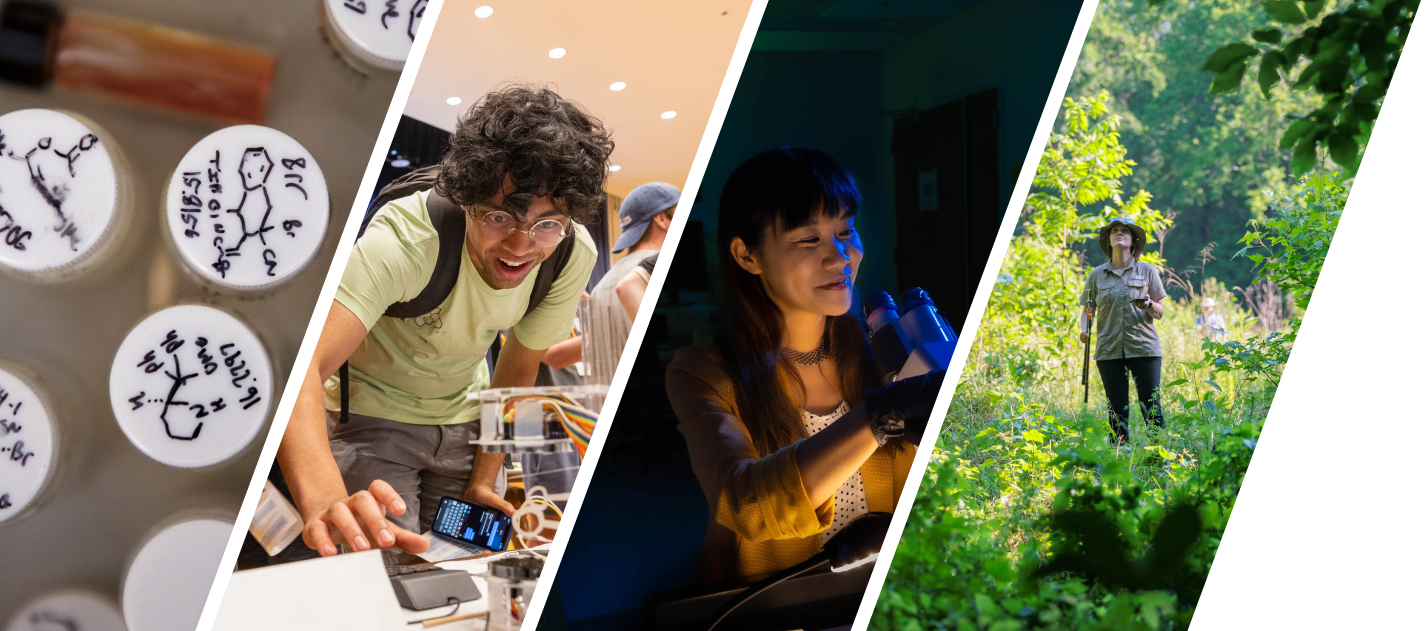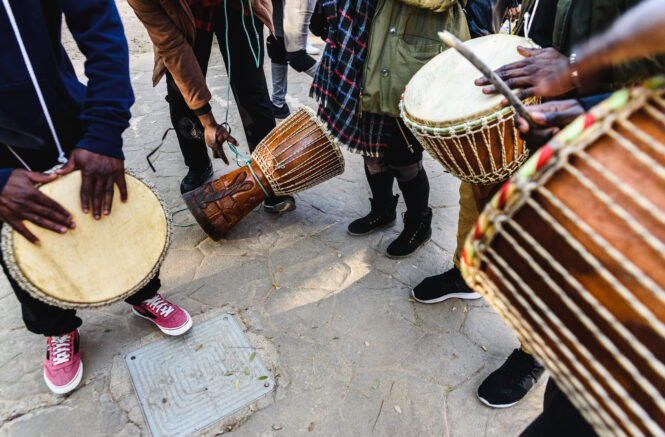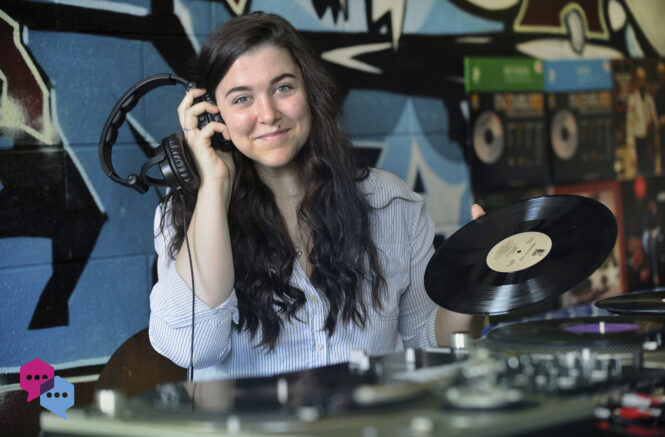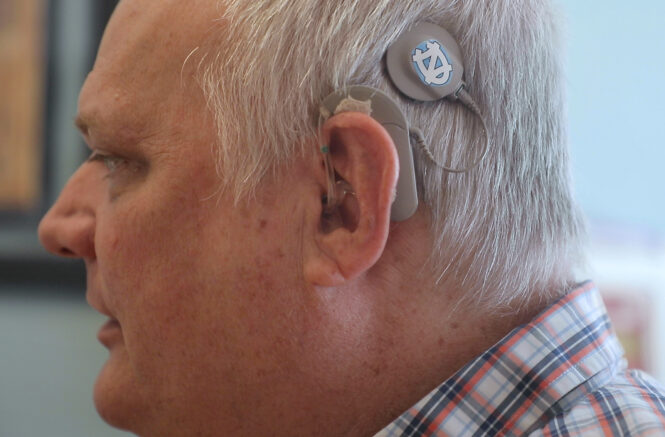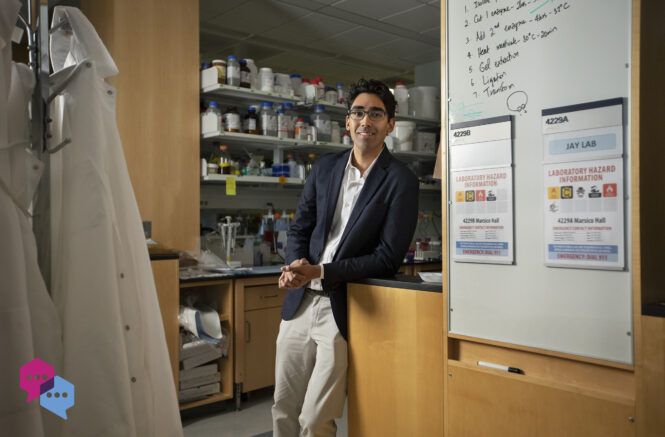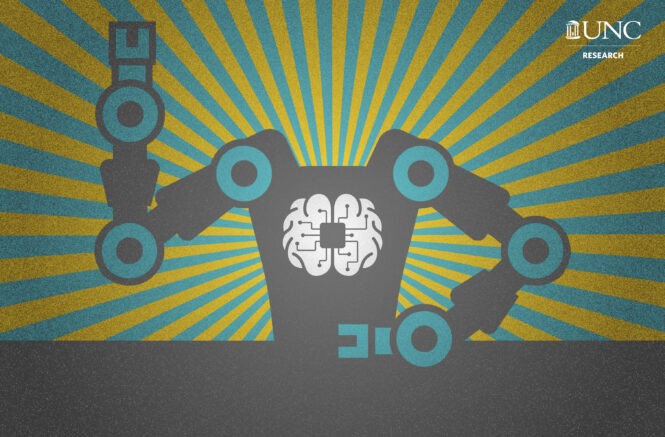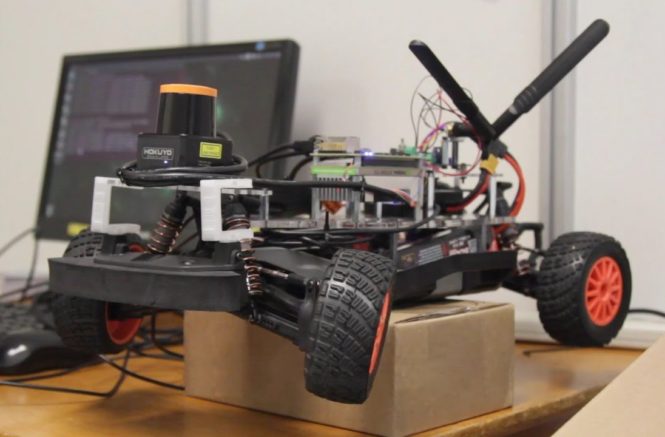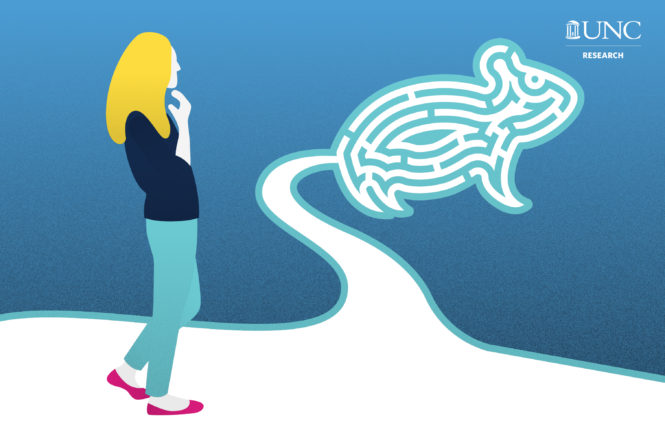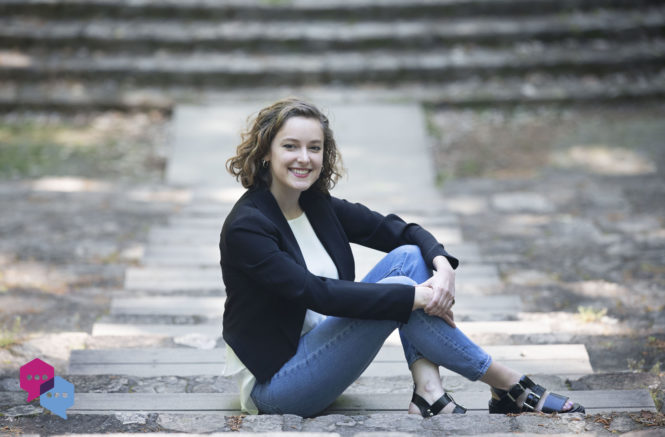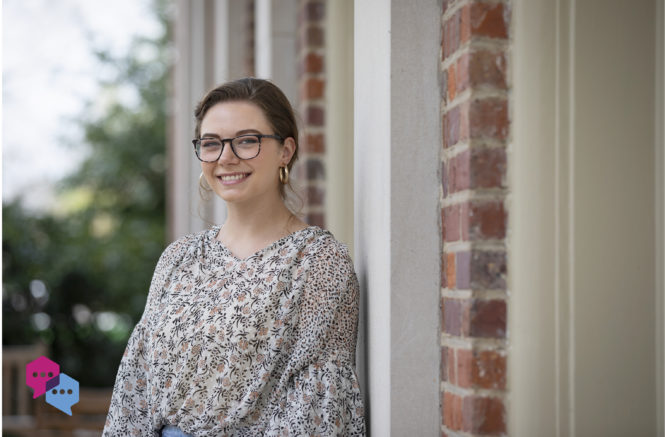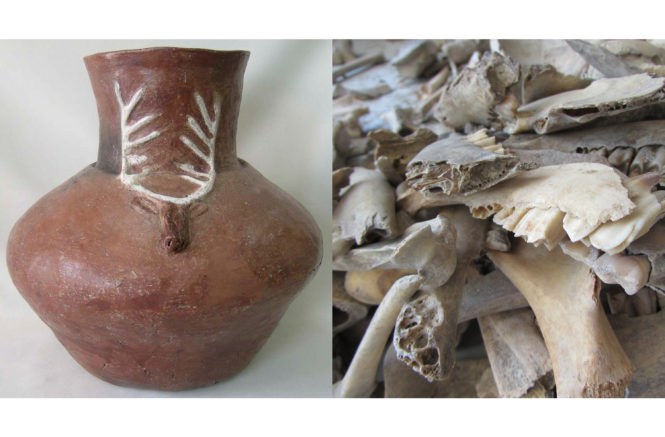Crescendos of Creativity
Give Marc Callahan an opera and, in return, you’ll get an explosion of color, empathy, and sound — and a bit of mid-century flare snuck in for good measure. As the director of UNC Opera, Callahan teaches his students and audiences that this age-old art form offers so much more than singing on a stage: It’s a craft that requires creative research and a team of people to bring it to life.
Sounding the Alarm
Racial discrimination is not only a matter of sight — sound can also be racialized. Petal Samuel’s research traces colonial bans on drums and horns included in slave codes to modern-day noise abatement efforts in black communities.
Emily Hynes
Emily Hynes is a PhD student in the Department of Music within the UNC College of Arts & Sciences. She studies women who made music within prisons of the American South from the 1930s to '40s and creates interactive digital maps to convey this information.
Moments of Clarity
In the past, cochlear implants were employed in people with severe hearing loss, improving their ability to hear the conversations around them. But now, studies show that these devices offer benefits to patients with mild or moderate hearing loss - a group that UNC researchers and doctors are soliciting to receive cochlear implants as part of ongoing clinical trials.
Aaron Anselmo
Aaron Anselmo is an assistant professor in the UNC Eshelman School of Pharmacy. He develops new strategies and technologies that alter the microbiome by removing pathogens and increasing beneficial bacteria.
Machine Morality
As machines become more autonomous, humans must define the limits of their decision-making. UNC postdoctoral researcher Yochanan Bigman addresses this topic, suggesting where to draw the line when self-governing technology is required to make life-or-death decisions.
Editing Along Ethical Boundaries
Imagine a tool that could cure thousands of genetic illnesses by replacing faulty strands of DNA. What if that same invention could enhance traits like height and intelligence in children through the manipulation of DNA in embryos? CRISPR, a gene-editing technology, is tricky business — and geneticists at UNC are addressing the ethics surrounding it.
The Fast and the Autonomous
In a small corner of Sitterson Hall sits a fleet of pint-size cars that can see and navigate independently, winning races for the team of UNC computer science students that created them. While the stakes are low for these high-tech toys, it's a completely different game when applied to full-size vehicles in the real world — the application of professor Parasara Sridhar Duggirala's research.
Navigating Ethics in Animal Research
How do people distinguish between what’s right and what’s wrong in the world of animal research? It’s not simple, says UNC bioethicist Rebecca Walker. Like most complex issues, this topic has a lot of gray areas — which Walker explores using the ancient philosophical approach called virtue ethics.
Rachel Despard
Rachel Despard is a senior majoring in music with minors in public policy and social and economic justice within the UNC College of Arts & Sciences. She studies how recorded music boosts community collaboration, affects visibility for vulnerable populations, and addresses systematic inequalities.
Chloe Scattergood
Chloe Scattergood is a senior majoring in archaeology and minoring in art history and geological sciences within the UNC College of Arts & Sciences. She has spent the past two summers uncovering artifacts in Huqoq, Israel, and plans to pursue a master's degree focused on colonial-era ceramics from the American East Coast.
Animals that Fueled the World
When an archaeologist uncovers an artifact, while likely enthralled by the piece, they are more interested in what it can teach them about human behavior. Zooarchaeologists have a similar goal. UNC researchers Benjamin Arbuckle and Heather Lapham use ancient animal remains, texts, and iconography to understand how relationships with animals changed peoples’ lives and the world.



